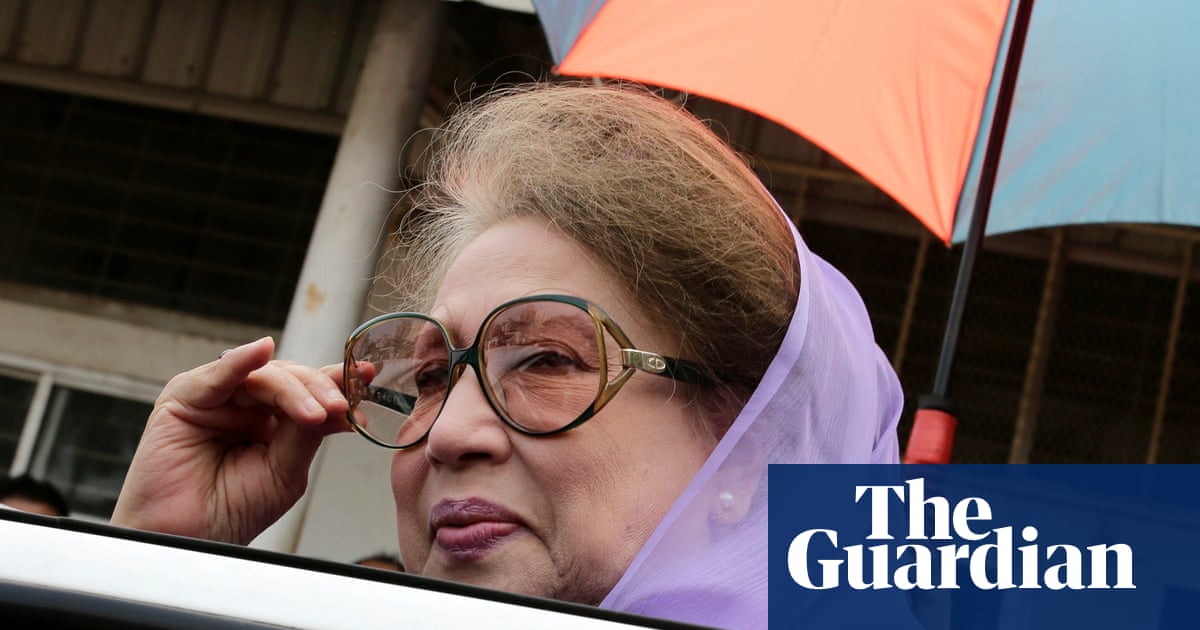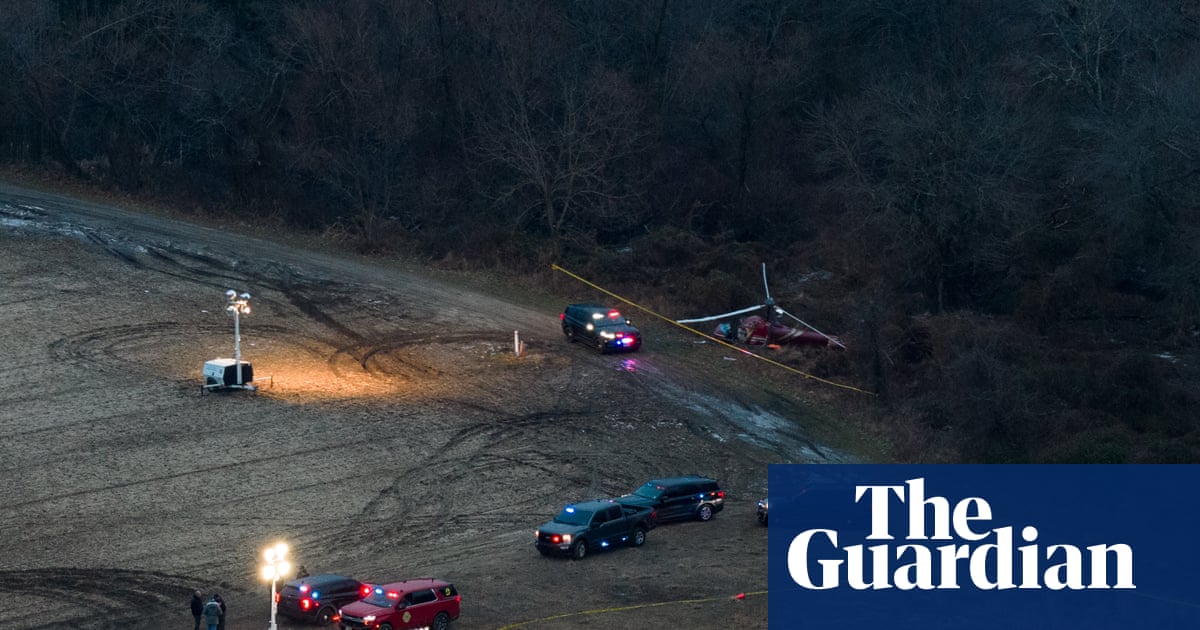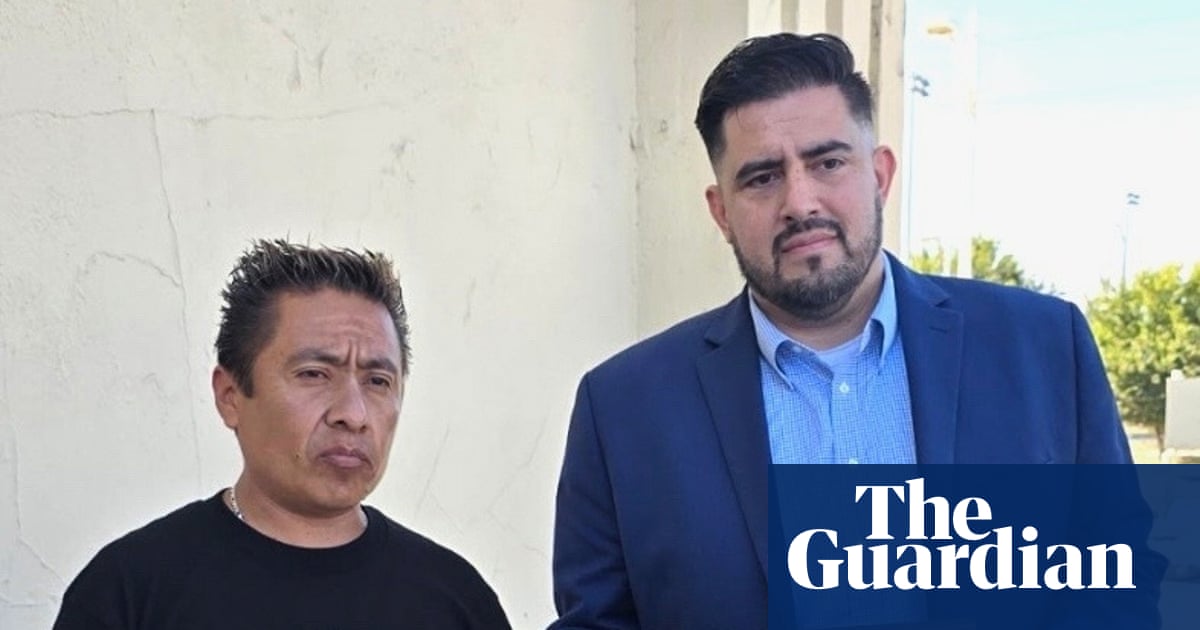The night of 29 May was sombre at 15 Mitsaki Street, a women’s shelter in the centre of Athens. Shoes, winter coats, shampoo bottles and sheets lay strewn around: belongings the 30 refugee women and five children living there had worked hard to acquire, and would now have to abandon. The next day, the shelter would be shuttered for good.
“I was so stressed I couldn’t sleep,” says Oksana Kutko, a Ukrainian. “I knew I had nowhere to go.”
Operated by the Greek aid organisation METAdrasi since 2020, the shelter’s closure came as a shock.
Kutko, 51, had been living there for three years after fleeing Russian bombs in Kharkiv. She hauled what she could carry to a nearby church.
Residents could not find alternative accommodation in the short time they were given to leave. A Congolese woman with a seven-year-old son simply laid out a sheet on the pavement outside.
By evening, everyone had vacated the refuge, except for one woman.
Évodie*, a woman in her 20s who fled severe sexual abuse and violence in the Republic of the Congo, refused to leave. For days after the other women had gone, Évodie clung to the place: the last semblance of stability in her life of uncertainty.
Already in a fragile mental and emotional state, losing her place at the shelter cast her back into memories of horrific abuse. Eventually, the police evicted Évodie. She spent the next month homeless.
The shelter’s closure is the new reality brought by governments’ overseas aid funding cuts, people with fragile lives being left without lifelines, struggling to stay afloat.
“These women’s need for a safe place, their need for hope for the future, their need to heal the past – all these things are connected,” says Thaleia Portokaloglou, a psychologist who knows Évodie from the Melissa Network, an organisation for refugee women in Athens.
As support is withdrawn, Portokaloglou is seeing women unravel. How do you ask a person pulled apart like that to keep functioning, she asks.
The closure of the Mitsaki Street shelter can be traced back to 20 January 2025, when President Donald Trump, froze the US foreign aid budget hours after his inauguration. Contracts with humanitarian organisations were terminated and over the following months support networks in many countries, including Greece, were gutted; METAdrasi lost a third of its budget, resulting in the shelter’s closure.
Greece has received nearly 1.3 million refugees and migrants since 2014. The wait to be granted asylum can take years, leaving many people dependent on humanitarian organisations while their cases are being processed.
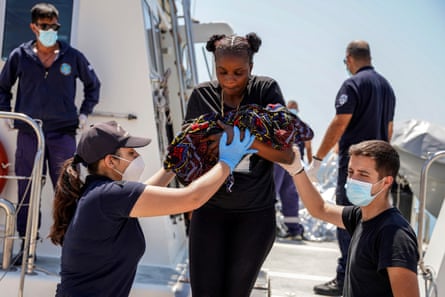
European governments have also been steadily slashing their overseas aid budgets, diverging sharply from the postwar global consensus on humanitarian relief.
Lefteris Papagiannakis, director of the Greek Council for Refugees, says: “We are losing the whole of the international protection system that has been in place for the last 80 years in six months.”
Meanwhile, Athens has hardened its stance on migration – parliament suspended asylum applications from north Africa in July and instigated laws this month that could mean rejected asylum seekers receiving prison terms if they do not leave within 14 days.
Around the world, humanitarian networks have been thrown into chaos. Dimitra Kalogeropoulou, director of the International Rescue Committee in Greece, says: “We are facing an unseen crisis where people are really suffering.”
On 30 June, between walls hung with Afghan tapestries, officials from Greece’s migrant-support organisations held an emergency meeting at the Melissa Network.
The NGO leaders were visibly shaken. Minutes earlier, they had left an interagency meeting of the Greek branch of the refugee agency, the UN high commissioner for refugees (UNHCR).
“All of us are facing an existential crisis,” says Nadina Christopoulou, director and co-founder of the Melissa Network.
Before January, 90% of the UNHCR’s funding in Greece came from the US state department, says Papagiannakis. Now, half the funding and half the staff are gone. “Unfortunately, Europe is not stepping in,” he says. “They say, ‘Ah, that’s a good opportunity! We’ll stop too.’”
The cuts mean aid organisations have been forced to make hard decisions. Funding for victims of sexual violence has been cut across the board.
Christopoulou put it in simple terms: 970 asylum seekers would be stranded without assistance. At least 100 survivors of sexual violence would lose essential services, including emergency housing.
after newsletter promotion
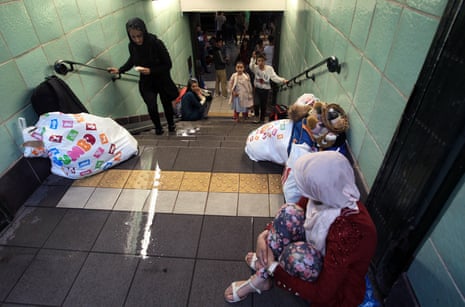
“People will no longer come to our centre because they feel it is undignified to come without having taken a shower, without having slept on a bed – and perhaps having been raped overnight,” Christopoulou says. “Because that’s what happens when you sleep in a park.”
After her eviction from the METAdrasi shelter, Évodie slept rough in parks and squares for a month. Christopoulou knows from Évodie’s case worker, Irida, that homelessness plunged her into a devastating mental spiral. She has since found a space in a new refuge, but remains uncertain how long she will be able to stay there.
When Évodie first came to Melissa in 2023, traumatised by her experiences in the Congo, she did not speak and, unable to find housing, spent nights in a park where she was further harassed. Eventually, Melissa secured a hostel place for her, before she moved into the METAdrasi refuge.
Initially, she sat in a corner, without saying a word. It was a surprise, then, when she decided to join Melissa’s choir.
On 8 March last year, Évodie stepped on stage and started to sing. Those in the audience who knew her were stunned. “I was crying,” Christiana Kyrkou, a project manager at the Melissa Network, says.
“It was one of the first times I heard, loudly and clearly, her voice,” Christopoulou recalls. “Everybody was happy, but Évodie was Oscar happy!”
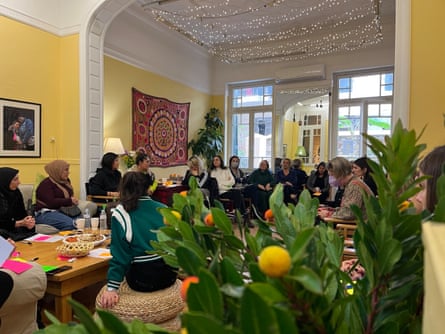
Weekly self-defence training sessions offered a space for Évodie to open up. The class instructor, Konstantinos Koufaliotis, says she was his most frequent participant.
One day, after Évodie mastered the basics, Koufaliotis taught her how to throw him to the ground. He landed on the foam mats with such a bang that Christopoulou rushed to the room asking if everything was OK.
“Évodie laughed and laughed, because she created this,” Koufaliotis says. “She owned that moment.”
Over the summer, she opened up to Koufaliotis about her difficulty in trusting those around her. When the conversations were too much for her, Koufaliotis would put up his boxing mitts and they would go back to training.
Victims of sexual violence have every reason not to trust people. “Even if you do manage to get out of the circumstances that have created trauma, it’s such a fragile edifice,” Christopoulou says. “What you’re building is so fragile that it may easily fall apart into pieces again.”
Now, as funding dries up, and services from therapy to housing face being wrenched away in an instant, hard-earned trust that NGOs have taken years to build up vanishes with it.
The shelter’s closure left Évodie once again sees everything as a threat and everyone as an aggressor. She is distrustful of those trying to help her. Melissa’s staff believe this will be a commonplace reaction as since the funding cuts began, needs have turned from healing to survival.
“There’s a shift from more psychological requests to more practical, more urgent ones,” Portokaloglou says. “We’re going back to those very primal, basic requests.”
The prospect of future funding cuts now risks the survival of the whole Greek humanitarian network. The only certainty is that no programmes will be left unscathed. “It’s vertical, horizontal, diagonal,” says Christopoulou. “Everybody’s impacted.”
* Name has been changed to protect her identity

 3 months ago
48
3 months ago
48

